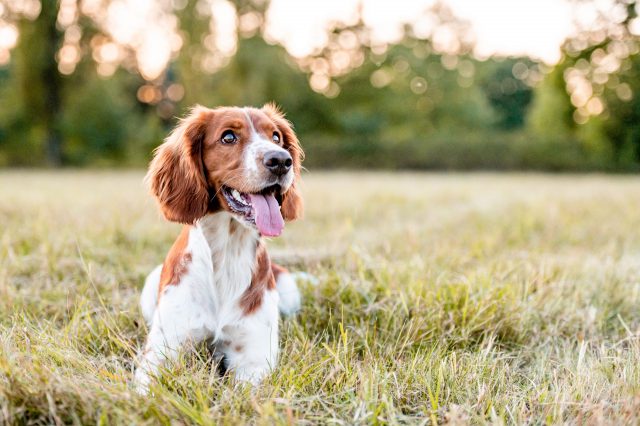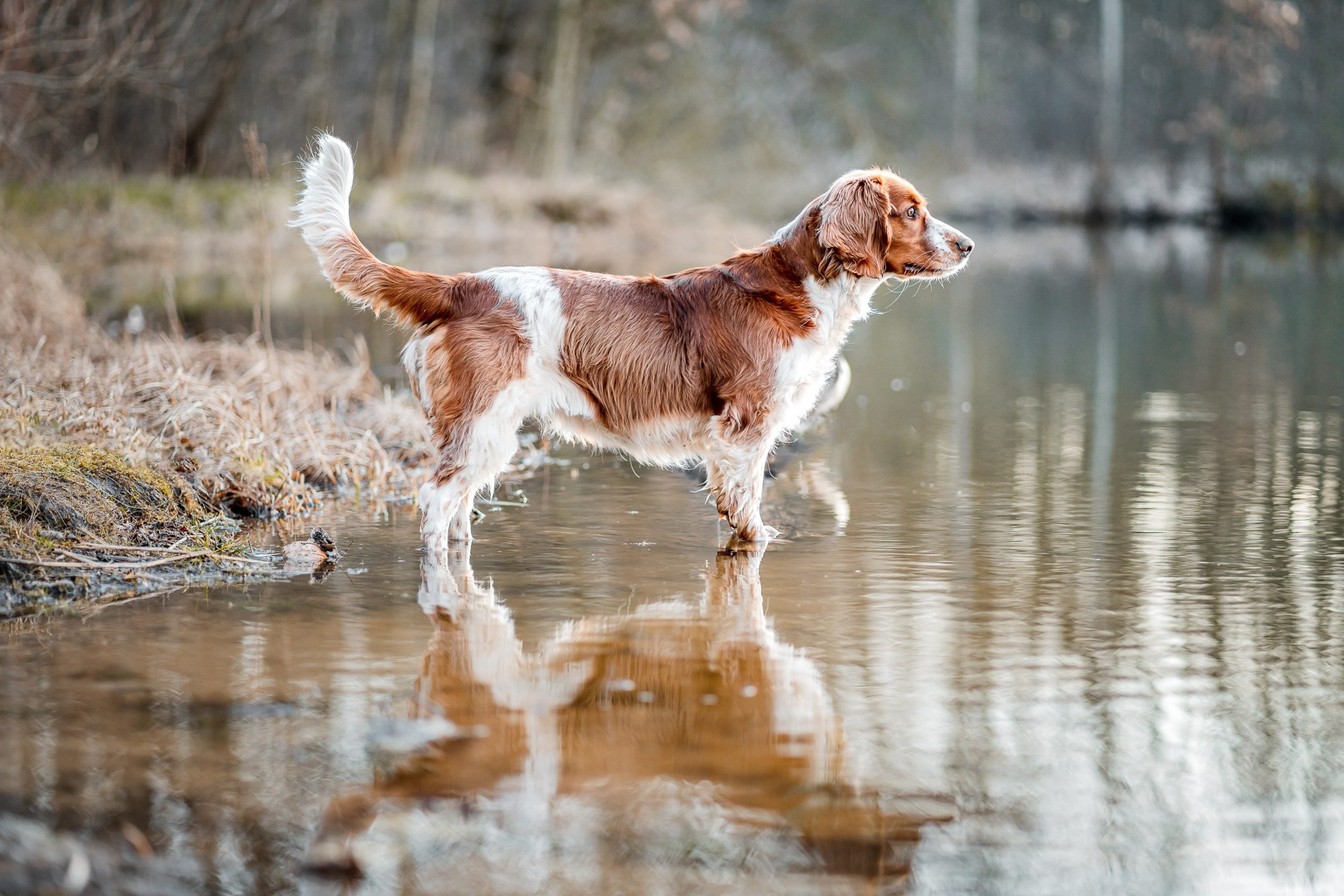Welsh Springer Spaniel
No products found which match your selection.
Shelter Dog Meal Donation Count:
No products found which match your selection.
Welsh Springer Spaniels are great companions for those who can meet their exercise and companionship needs. They thrive in an environment where they can be part of the family activities.
Welsh Springer Spaniels are renowned for their stamina and agility. Originally bred for hunting, they excel in various canine sports and activities. Their affectionate nature makes them excellent family pets, and they thrive in environments where they can participate in family activities.

The Welsh Springer Spaniel is one of the oldest spaniel breeds, with roots tracing back to early hunting dogs in Wales. Originally used for flushing game, the breed was highly valued for its working ability and companionship.




Welsh Springer Spaniels are generally healthy, but like all breeds, they're prone to certain genetic conditions. Regular health screenings for hip dysplasia, eye conditions, and thyroid function are recommended.
Their beautiful red and white coat requires regular maintenance. Weekly brushing and occasional professional grooming help prevent matting and keep their coat in top condition.
With high energy levels, Welsh Springer Spaniels thrive on ample daily exercise. Activities like long walks, fetch, swimming, and agility training keep them physically and mentally stimulated.
Intelligent and eager to please, they respond well to positive reinforcement training methods. Early socialization and obedience training are key to nurturing a well-behaved companion.
A balanced diet suitable for their age, size, and energy level is crucial. Consult with a vet to determine the best diet plan, considering commercial or home-prepared food options.
The Welsh Springer Spaniel is an affectionate, energetic breed, ideal for active individuals and families. Their loyalty and versatility make them not just excellent hunting dogs but also beloved family companions. With proper care, exercise, and training, the Welsh Springer Spaniel will be a joyful addition to any home, ready to share in all of life's adventures.
The Welsh Springer Spaniel, like many purebred dogs, is prone to certain health issues. Being aware of these potential problems and conducting recommended tests can help ensure that these dogs lead long, healthy lives. Below are some of the common health issues found in Welsh Springer Spaniels and the tests recommended for early detection and effective management.
Early detection and management of these health issues can significantly improve the quality of life for Welsh Springer Spaniels. Regular veterinary care and adherence to a healthy lifestyle are key to ensuring these dogs live long, happy lives.
The iHeartDogs Free Rx Discount Card Program is a pet prescription discount card that can help you save money on your furry friend’s medications. The card is free to sign up for, and you can use it at participating pharmacies nationwide. To use the free program, simply show the card to your pharmacist when you pick up your pet’s prescription. The pharmacist will then scan the card, and you will receive a discount on the price of the medication.LEARN MORE
Caring for a Welsh Springer Spaniel, or any dog breed, involves various expenses that can add up over the year. The annual cost can vary depending on several factors, including the dog’s age, health, and the cost of living in your area. Here’s a breakdown of typical expenses that are part of caring for a Welsh Springer Spaniel:
Total Estimated Annual Cost:
$2650 - $7100
It's important to note that these figures are estimates and can vary. Also, the first year of owning a dog can be more expensive due to one-time costs like spaying/neutering, initial vaccinations, and training. Regular budgeting for your dog's needs and an emergency fund for unforeseen costs are essential for responsible pet ownership.